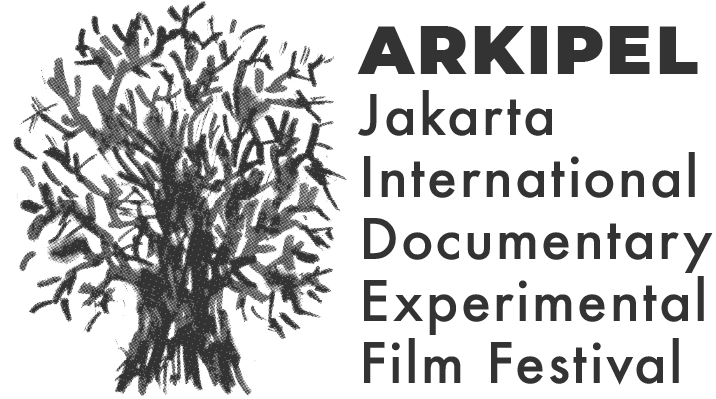SP YIDFF 2 / SAT. 13 SEP, 19.00 / KINEFORUM
[divider type=”space” height=”40″ no_border=”1″ /] [column type=”1/3″ last=”0″ class=””]18+
Country of production Japan
Language Japanese
Subtitle English
103 min, Color, 2013
Voices from the Waves adalah kelanjutan dari The Sound of the Waves, produksi tahun 2011. Dengan pendekatan yang sama, filem ini berisikan wawancara dengan korban sunami pada peristiwa gempa bumi di Jepang. Sementara The Sound of the Waves mengangkat masalah area dari Iwate hingga Fukushima kurang lebih enam bulan setelah bencana, Voices from the Waves berfokus pada dua lokasi selama tahun-tahun sesudahnya, Shinchimachi di Fukushima Prefecture dan Kota Kesennuma di Miyagi Prefecture. (Sinopsis dari Yamagata International Documentary Film Festival 2013)
–
Pernyataan Sutradara:
“Ketika kami melakukan wawancara, kami mencoba terus ingat untuk tidak memilih narasumber berdasar seberapa mereka menderita, atau bagaimana pengalaman menakutkan itu mereka rasakan. Kami bertemu banyak orang-orang yang selamat mengatakan bahwa masih banyak orang yang lebih menderita, dan merekalah yang harusnya kami ajak bicara–orang-orang yang hidupnya seakan berhenti setelah gempa bumi, yang rumahnya hancur, yang rumah dan orang yang mereka sayangi hilang, yang keluarganya ditelan ombak. Semakin jauh kamu dari pusat bencana, semakin sedikit yang bisa diajak bicara. Walau narasumber kami juga menderita, mereka merasa berhutang pada yang lebih menderita. Jika kamu menghampiri pusat bencananya, tak ragu seakan mencari suara dari yang telah meninggal. Suara-suara ini tidak akan pernah bisa didengar, dan suara tersebut menghantui yang selamat.
21 narasumber dalam filem ini tidak hanya bicara tentang bencana. Kami tidak hanya mendengar suara “korban”, tapi suara mereka sebagai makhluk individu. Kami pikir penting untuk merekam suara-suara ini untuk 100 tahun ke depan. Setelah satu abad, kami akan meninggal juga, dan suara-suara dalam filem ini juga akan menjadi suara orang mati. Harapan kami saat membuat filem ini adalah untuk menyambungkan suara narasumber dengan mereka yang hilang digulung ombak, yang tidak bisa kita dengar, untuk 100 tahun ke depan.”
[/column] [column type=”1/3″ last=”1″ class=””]Voices from the Waves is a continuation of The Sound of the Waves, which was produced in 2011. Following the same approach, it consists of interviews with survivors of the tsunami following the Great East Japan Earthquake. Whereas The Sound of the Waves covers the large area from Iwate to Fukushima roughly six months after the disaster, Voices from the Waves focuses on two locations during the year that followed—Shinchimachi in Fukushima Prefecture and Kesennuma city in Miyagi Prefecture. (Synopsis was provided by Yamagata International Documentary Film Festival 2013)
–
Director’s statement:
“While conducting these interviews, we kept in mind that we didn’t want to choose interviewees based how severely they had been affected, or how striking their experiences were. Many of the survivors we met told us there were people whose experiences had been even more horrific, and that we should speak with them instead—people whose lifelines stopped after the earthquake, people whose homes were damaged, people whose homes and loved ones washed away, people whose families were swallowed by the waves. The farther you are from this “epicenter” of the disaster, the less you are able to speak. Even though our interviewees had also suffered, they seemed to feel a debt based on their lesser degree of suffering. If you were to seek that “epicenter,” you would no doubt end up seeking the voices of the dead. These voices can never be heard, and they stifle those who survived.
The 21 people who appear in this film do not only speak of the disaster. As they told their stories, their tone would shift to casual conversation. We do not only hear the voice of “victims,” but rather individual human beings. We thought it was important to keep these voices for 100 years in the future. After a century has passed, we will also be deceased, and the voices in this film will become voices of the dead. Our hope in producing Voices from the Waves is to connect the voices of our interviewees with those who vanished in the waves, who we cannot hear, at some point 100 years in the future.”
[/column]

